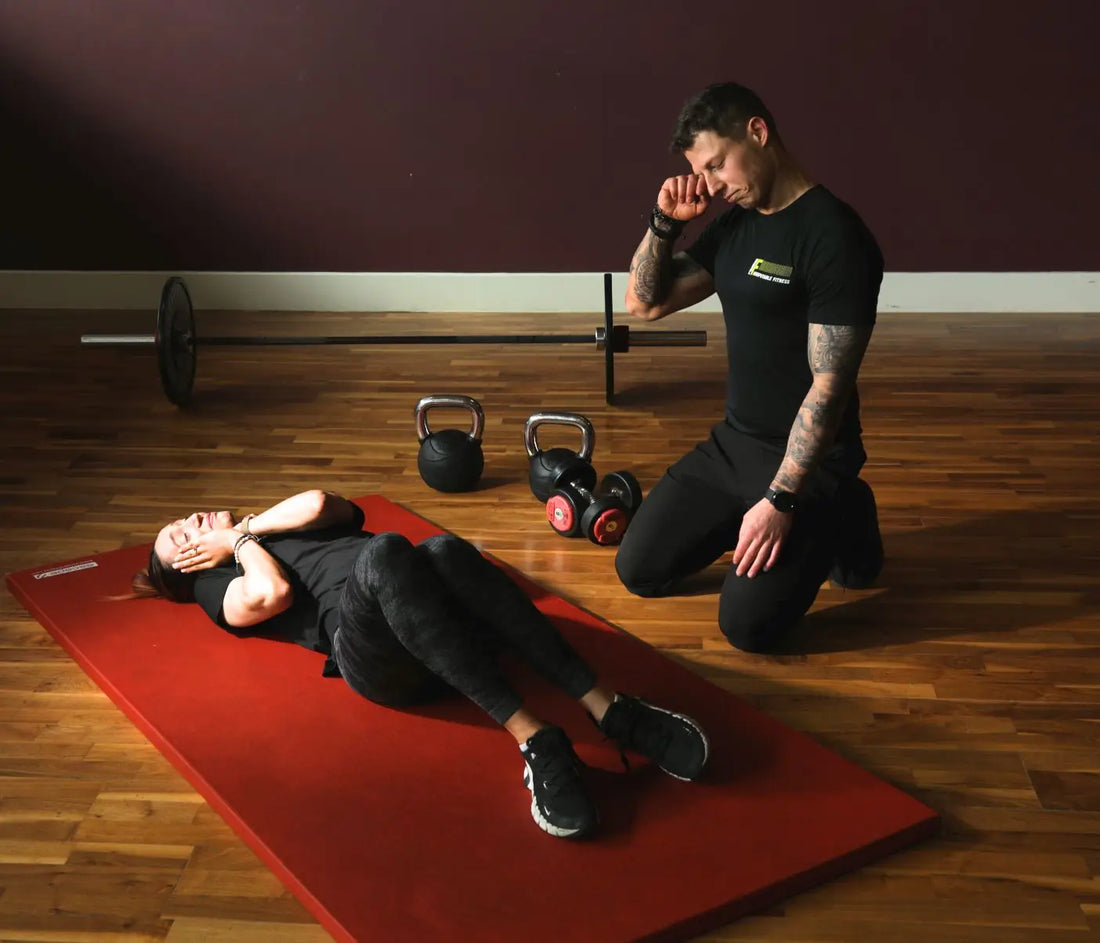
The Ultimate Sleep Checklist for Better Recovery and Energy
Share
The Ultimate Sleep Checklist for Better Recovery and Energy
We all know how important sleep is, but in our busy lives, it’s often the first thing to be sacrificed. Skimping on sleep can set off a domino effect of negative consequences: reduced energy, impaired cognitive function, weakened immunity, and even a higher risk of chronic diseases. However, by prioritizing your rest and using the ultimate sleep checklist, you can reclaim your nights and unlock sleep’s incredible power to improve recovery, increase energy, and enhance your overall well-being.
Understanding Your Sleep Needs
Before diving into the checklist, it helps to clarify what makes for good sleep. Most adults need between 7-9 hours of sleep each night, but individual needs can vary depending on age, lifestyle, and health status. Your body’s requirements can also shift with changes in physical activity or stress levels. Using a sleep tracker or maintaining a journal can help you monitor your sleep patterns and identify what helps you improve sleep quality for sustained health and energy.
The Ultimate Sleep Checklist
This ultimate sleep checklist will help you optimize your sleep hygiene and create the best environment for restorative sleep. As you implement each step, you’ll be supporting both your nightly rest and your long-term health:
-
Create a Relaxing Bedtime Routine: Begin winding down at least an hour before bedtime. Gentle activities such as taking a warm bath, reading a book, listening to calming music, or practicing light stretches can signal your body that it’s time to sleep. Reducing screen exposure during this period helps your mind disengage from the day’s stress.
-
Optimize Your Sleep Environment: Ensure your bedroom is dark, quiet, and kept at a comfortable, cool temperature. Blackout curtains, earplugs, or a white noise machine can minimize disruptions. Choosing a supportive mattress and pillows tailored to your preferences can make a significant difference in your ability to fall and stay asleep.
-
Establish a Consistent Sleep Schedule: Align your bedtime and wake-up time every day, including weekends. This regularity reinforces your natural circadian rhythm, making it easier to fall asleep and wake up feeling refreshed.
-
Limit Screen Time Before Bed: Exposure to blue light from electronic devices can suppress melatonin, the hormone responsible for regulating sleep. Power down phones, tablets, and computers at least an hour before you go to bed to help your body transition to sleep mode.
-
Avoid Caffeine and Alcohol Before Bed: Both caffeine and alcohol can interfere with your sleep cycle, reducing the amount of restorative deep sleep you get. Limiting these substances in the evening helps you achieve more restful sleep.
-
Get Regular Exercise: Engaging in physical activity during the day boosts sleep quality, helping you fall asleep faster and enjoy deeper sleep stages. However, avoid strenuous workouts right before bedtime, as they can leave you feeling too energized to sleep.
-
Pay Attention to Your Diet: A balanced, nutrient-rich diet supports better sleep. Try to avoid heavy meals or sugary snacks close to bedtime, as these can cause discomfort or fluctuations in blood sugar, disrupting your rest.
-
Stay Hydrated: Drink enough water throughout the day, but reduce fluid intake in the hours before sleep to minimize nighttime awakenings for bathroom trips.
-
Manage Stress: Chronic stress or anxiety can be a major barrier to quality sleep. Techniques such as meditation, deep breathing, or gentle yoga can calm your mind and body, preparing you for restful sleep.
-
Sunlight Exposure: Daily sunlight exposure, ideally for at least 15-30 minutes, helps regulate your internal clock and strengthens your circadian rhythm. Morning light exposure is especially beneficial for syncing your sleep-wake cycle.
-
Create a Sleep Sanctuary: Make your bedroom a dedicated space for sleep by keeping it organized and free of clutter. This helps train your brain to associate the environment with rest and relaxation, further enhancing your ability to improve sleep quality.
-
Consider a Sleep Aid (If Necessary): If you consistently struggle with falling or staying asleep, consult a healthcare professional. They can help identify underlying issues and recommend evidence-based sleep aids or therapies tailored to your needs.
-
Track Your Progress: Keeping a sleep journal allows you to monitor your habits, note improvements, and identify ongoing challenges. Tracking your sleep helps you personalize your routine and optimize the effectiveness of this ultimate sleep checklist.
The Benefits of Prioritizing Sleep
Implementing this checklist can significantly improve sleep quality and provide lasting benefits that extend far beyond simply feeling rested. With improved sleep, you can look forward to:
-
Increased Energy Levels: Consistent, high-quality sleep replenishes your energy reserves, allowing you to approach each day with vigor and focus.
-
Improved Cognitive Function: Better sleep strengthens memory, sharpens focus, and enhances your ability to make sound decisions.
-
Enhanced Mood: Quality sleep supports emotional stability and helps you maintain a more positive outlook, even during challenging times.
-
Boosted Immune System: Adequate rest is crucial for immune health, giving your body the resources it needs to fend off illness and recover quickly.
-
Better Physical Recovery: Sleep is essential for muscle repair and growth, especially after exercise, helping you recover faster and perform at your best.
-
Reduced Risk of Chronic Diseases: Prioritizing sleep can lower your risk of developing conditions such as heart disease, stroke, diabetes, and other long-term health issues associated with chronic sleep deprivation.
Conclusion
Making sleep a priority is one of the most effective ways to invest in your overall health, performance, and well-being. By following this ultimate sleep checklist, you can unlock the many benefits of restorative sleep, from better recovery to increased energy and improved quality of life. Start putting these practical tips into action today and take the first step toward a more restful, rejuvenating sleep experience.